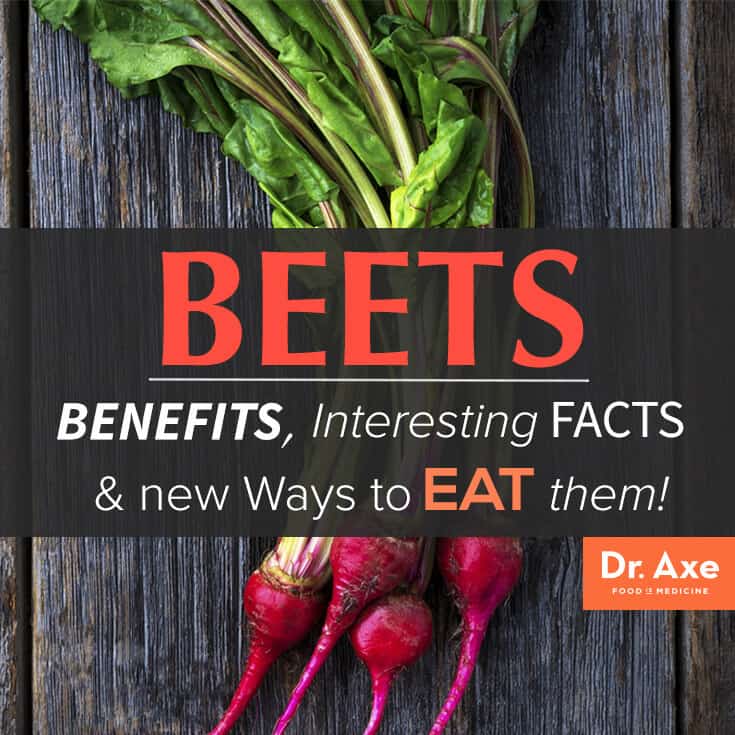Total Pageviews
Friday, November 17, 2017
Documents Confirm: Mass Vaccination Is Covert Medical Experimentation And Population Reduction
Documents Confirm: Mass Vaccination Is Covert Medical Experimentation And Population Reduction
Thursday, November 16, 2017
Joe Rogan - Fluoridated Water
Chris Kresser is a health detective specializing in investigative medicine, blogger, podcaster, teacher and a Paleo diet and lifestyle enthusiast. His new book "Unconventional Medicine" is out now, available on Amazon and https://unconventionalmedicinebook.com/
Joe Rogan - Fluoridated Water
Related:
Over 4,000 Professionals Call for an End to Water Fluoridation - Learn Why, How You Can Help Their Campaign, & How to Filter Fluoride in Your Drinking Water
Thursday, November 2, 2017
Beet Benefits, Interesting Facts, & Recipes
Also See: Herbal Cardiovascular Care - Herbs for Heart Health
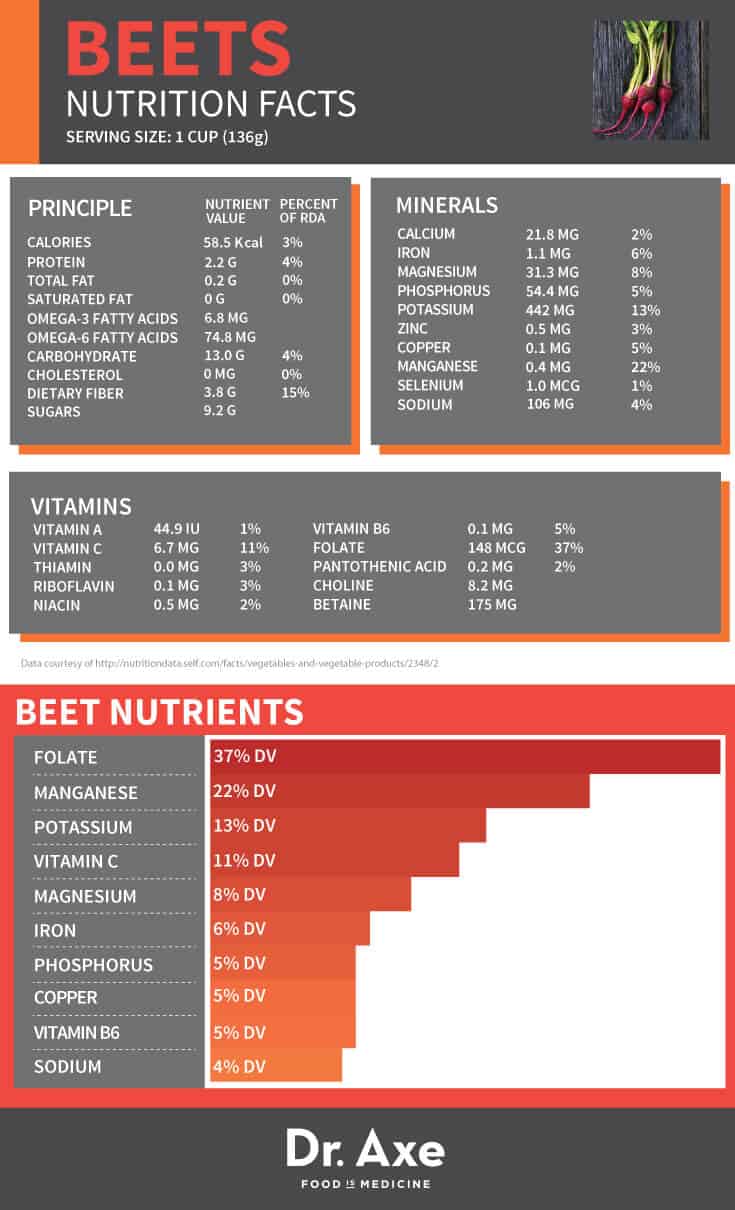
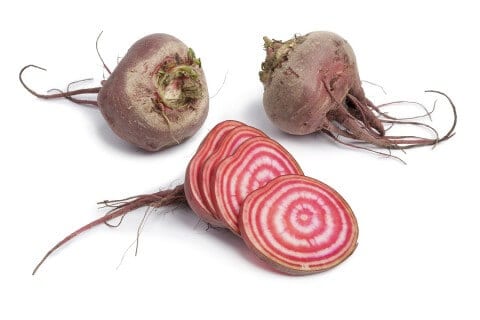
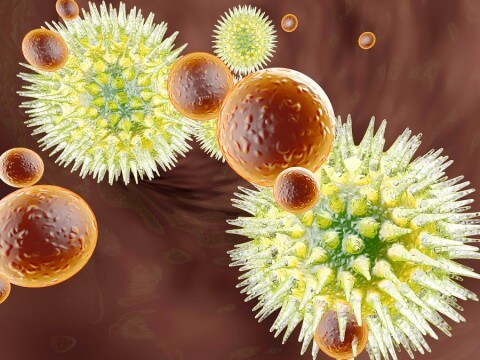
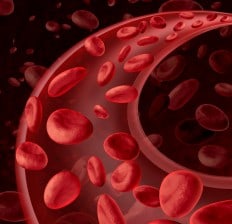
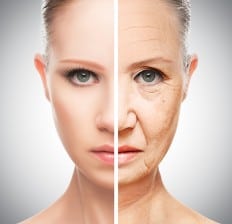 6. Contains Anti-Aging Properties
6. Contains Anti-Aging Properties
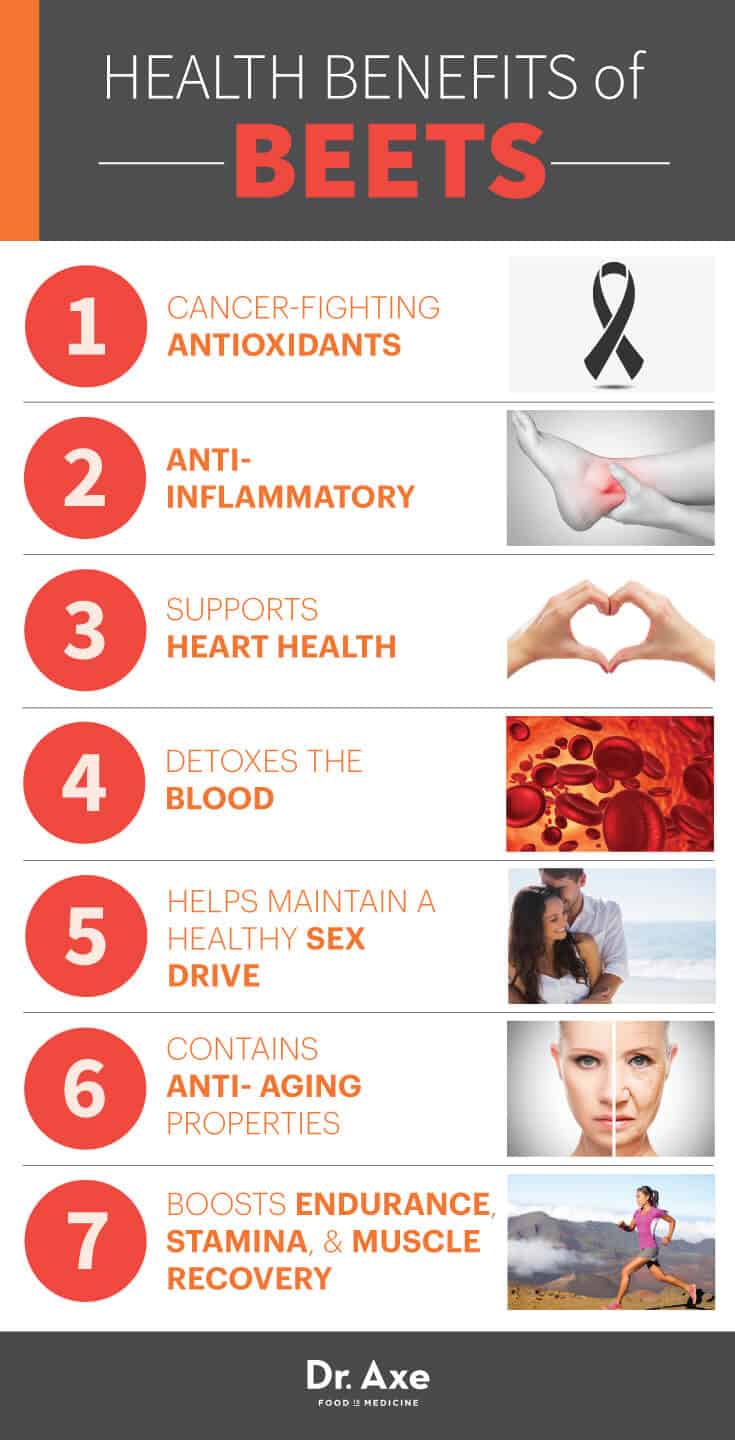
Description and History of Beets
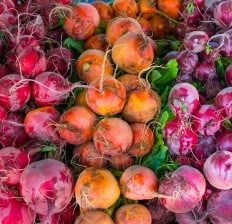
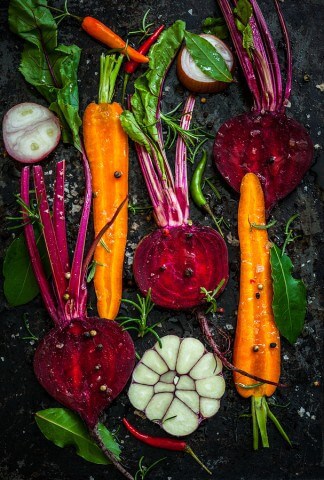
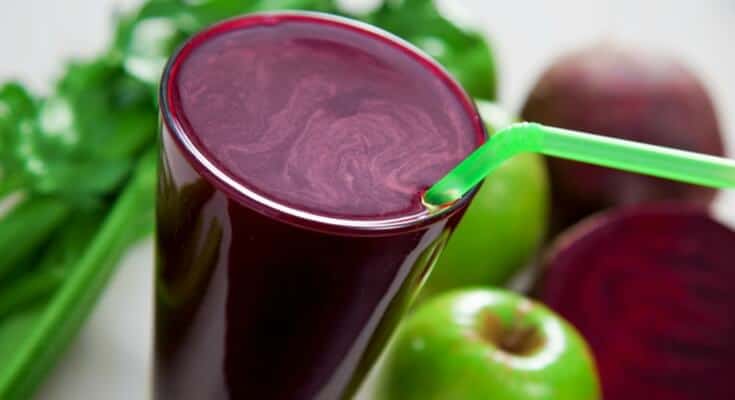

Beet Benefits
Whether you are someone who already loves beets and consumes them regularly, or you’re new to beets and hesitant about beginning to cook with them more, there are plenty of great reasons that beets make my Healing Food Shopping List.
Beets are rich in a variety of essential vitamins and minerals, making them an excellent addition to your diet. Beet benefits your body in so many ways such as reducing inflammation, supporting your heart, and protecting your digestive, brain, and eye health. Beets are a versatile food that can be eaten raw in salads and juices, or cooked and added to a variety of recipes spanning from breakfast to dinner.
The beet benefits to your health are impressive and somewhat surprising too, when you consider their widespread positive attributes such as their ability to help with exercise performance, to ward off cancer, and to help purify the blood too.
Beets Nutrition Facts
One cup of beets provides approximately (in daily value):
- 60 calories
- 4 grams of fiber
- 2.5 grams of protein
- 34% folate
- 28% manganese
- 15% potassium
- 14% copper
- 10% magnesium
- Plus iron, vitamin C, and B vitamins

Top 7 Beet Benefits

1. High in Cancer-Protective Antioxidants
Beets are naturally high in disease-fighting phytonutrients, antioxidants, vitamins, and trace minerals. Beets are an excellent source of phytonutrients called betalains (categorized as betanin and vulgaxanthin) which function as cancer-protective beneficial antioxidants and anti-inflammatory molecules.
Studies have shown that betalains help to protect the body from developing cancers such as lung, stomach, colon, and breast cancer, in addition to heart disease and many other illnesses too. The light or dark red, purple, crimson, or orange colors of beets is an excellent indicator of their high antioxidant content, similarly to how berries and other deeply colored fruits and vegetables provide the same disease-fighting molecules.
Due to their antioxidants, beets are also very helpful in protecting eye health. Beets are a source of lutein and zeaxanthin, which are two carotenoid phytonutrients -also found in other similarly colored vegetables like carrots and squash- that play a role in protecting eyes from developing conditions such as macular degeneration and cataracts.
The highest supply of these free radical damage-fighting antioxidants are actually found in the greens of the beets. Beet greens contain more leutein and zeaxanthin than the purple beet roots themselves, but even the roots provide a good source, especially golden (orange or yellow colored) beets.

2. Contains Anti-inflammatory Properties
The anti-inflammatory compounds found in beets have been shown to inhibit the activity of cyclo-oxygenase enzymes, which the body uses to trigger inflammation (1). While some inflammation is necessary and important for the body to undergo everyday- because it keeps us free from foreign bacterial or virus invaders and from constantly getting sick- too much inflammation is a very big concern.
Reduced levels of inflammation help nearly ever system within the body and fight off diseases including heart disease, diabetes and neurodegenerative diseases like Alzheimer’s and Parkinson’s diseases too.
The average person’s diet is very high in inflammatory properties from processed foods, high amounts of sugar, and low amounts of nutrients; so consuming whole foods like beets is an excellent way to reduce the immune system from triggering ongoing harmful levels of high inflammation.
Beets are able to combat inflammation due to their betaine compounds. Betaine is actually activated within the body from the nutrient choline, which is derived from B Vitamins.
3. Supports Heart Health
Betaine and choline have been shown to powerfully regulate inflammation in the cardiovascular system, helping to bring cholesterol levels to a healthy balance and to reduce high blood pressure.
Choline is able to do this due to its ability to turn off homocysteines, which are inflammatory reactions in the body that increase the risk of cardiovascular problems such as atherosclerosis, or the clogging of arteries.
Beets also contain nitrate compounds which studies have shown positively benefit cholesterol levels (2). Researchers now recommend regularly consuming nitrate-rich vegetables like beets in order to protect heart health in multiple ways.

4. Detoxes the Blood
Beets are known to be natural “blood cleansers”. They are able to help you to detox and cleanse the blood of toxins, heavy metals, and waste due to their compounds called glutathiones, which are essential for detoxification within the liver and other digestive organs. Additionally, the fiber in beets helps to “sweep” the digestive tract of waste and toxins while restoring healthy and regular bowel movements.
The betalains in beets help to form gluthione which neutralizes toxins and makes them water-soluble, meaning they can be exerted through urine and flushed out of the body. Studies have shown that when animals are given beet extract, their blood becomes more purified and free from toxins and mutagens, compared to animals who are not treated with beets (3).
5. Helps Maintain a Healthy Sex Drive
Many cultures have long thought of beets as a natural aphrodisiac. It’s believed that beets can help boost and maintain a healthy sex drive by increasing blood flow to the reproductive organs. Beets are able to do this due to their high levels of nitrates and boron, two substances that work in the body to regulate the production of human sex hormones (4).
Reduced levels of inflammation, increased circulation, and more daily energy are also benefits of consuming beets which are related to maintaining your sex drive as you age.
 6. Contains Anti-Aging Properties
6. Contains Anti-Aging Properties
Consuming beets is one of the best days to cleanse the digestive tract and blood of built-up contaminants due to a diet and lifestyle that leads to high inflammation. Detoxification in this way combined with the high antioxidant values found in beets is an effective way to help naturally slow aging.
Beets are a great way to help balance pH levels and to alkalize the body as well. The pH scale is used to determine acidity versus alkalinity, with 7.1 to 14 being alkaline and 7 being neutral. Most diseases live in an acidic environment, so your body’s goal is to be slightly alkaline- and many whole foods like fruits and vegetables help to achieve this.
Limiting consumption of low-quality, processed acid-forming foods and eating more alkaline-forming foods like beets and other root vegetables can protect your body from diseases that occur more commonly in people as they age. This is due to their ability to decrease inflammation. Beets are also a great source of fiber, which helps the digestive system to properly function and even supports weight loss, another key area that can be struggle as you get older.
7. Boosts Endurance, Stamina, and Muscle Recovery
Beets naturally contain nitrates, which in the past you may have heard are harmful when you consume them as a part of products like deli meats, bacon, or other low quality packaged meats, but the type of nitrates found in whole foods like beets are actually very beneficial for boosting energy and performance.
Beets have been shown in studies to provide the type of nitrates the body easily uses for recovery and increased physical performance (5). Other studies have shown that supplementing with the type of nitrates found in beets allowed athletes to shave minutes off of their race times and to experience less bodily stress from the exercise (6).

Description and History of Beets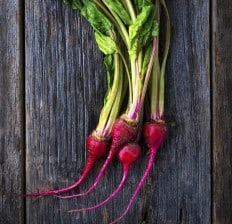
Beets are a part of the plant family called Amaranthaceae-Chenopodiaceae. Also in this same family of plants are various Swiss chard varieties and other root vegetables, which share beet’s similar earthy but sweet taste. The leaves of beets were actually historically consumed before the roots were, even though today many people prefer to consume the sweet roots and discard the more bitter, but very beneficial greens.
Beet greens were thought to first be consumed in Africa thousands of years ago. The popularity of the root vegetables then spread to the Asian and European regions, with the Ancient Roman populations being some of the first people to harvest beets and to eat their brightly colored roots.
From the 16th to the 19th century, beets became more widespread and used in various ways; for example their bright juices were used as food dyes and their sugars quickly became noticed for a source of concentrated sweetness. Around the 19th century beets began being used as a means for extracting and refining sugar.
This continued to be a popular method for making cane sugar throughout Europe, eventually spreading to the United States where today beets are still used in this way. Today the largest producers of beets are the United States, Russia, and European nations such as France, Poland, and Germany.

Purchasing Beets
In addition to the root of the beet plant, beet greens are actually completely edible and rich in nutrients such as carotenoids beta-carotene and lutein/zeaxanthin. They are available most often when you purchase whole, fresh beets at farmers markets and they can be used in recipes interchangeably with chards.
Although we most often see purple colored beets available in grocery stores, beets actually come in a variety of colors, most of which have very similar tastes, health benefits, and uses. Beets are widely available throughout the year, but their peak season runs from early summer through the fall, usually from about June through October.
These are the times to scout farmer’s markets and health food stores for fresh, tender organic beets. When buying beets, look for small or medium-sized beet roots that have a uniform, smooth skin and a deep color (either purple, red, pink striped or golden are most often available). Steer clear of fresh beets that have spots or strong bruises where the beet juice is “bleeding” from the root.
The Healthiest Ways to Use Beets
Raw
When eaten raw, beet are firm, crunchy and mildly sweet tasting. Beets make an excellent addition to smoothies, juices, or salads because consuming them raw guarantees you are not losing any of their important benefits during the cooking process. Once they are cooked, beets become somewhat different tasting, taking on a softer and sweeter taste.
Cooked
Beets are often paired with cheeses like goat cheese, balsamic vinegar which balances their sweetness, and arugula which adds a nice peppery counterbalance to the beets earthy and sweet taste. Today, beets are still used as one of the main ingredients in traditional eastern European cuisines, including recipes for borscht and various soups.
They are often commonly pickled or canned which changes their taste a bit and can destroy some of their nutrients depending on the exact preparation method and brand that you buy from.

Roasted
Beets have a naturally sweet taste due to their higher sugar content, and this makes them ideal for roasting where their sugars have the chance to
caramelize. Although it’s important to note that even though beets seem very resistant and tough, they are actually a very delicate vegetable. Beets are prone to oxidizing and losing some of their nutrient value when they are overheated and overcooked.
You want to always try to cook beets lightly, since research has shown that their nutrients are delicate and cannot withstand high processing. Studies show beets’ concentration of phytonutrients, such as betalains, is diminished by high heat.
How to Cook Beets
The healthiest way to cook beets to keep their nutrients in tact is either to steam them for about 20 minutes or under, or to roast them for under one hour, which slowly cooks and softens them. You will know your beets are cooked through and ready when you are able to pierce them with a fork somewhat easily. Always be careful cooking beets, as their juices tend to stain!
One of the easiest ways to prepare them to avoid stains is to wrap a whole beet in tin foil with a little bit of coconut oil, and to bake them at 350 degrees for about 45 minutes. Then plate the whole bundle in the sink and slowly peel off the skin (which will fall off easily) and allow some of the juices to run off into the sink, rather than on your countertop, hands, and clothes.
Beet Recipes To Try:
Sweet Beet Juice Recipe
INGREDIENTS:
- 1/2 green apple
- 1 beet
- 2-3 stalks celery
DIRECTIONS:
Add all ingredients to vegetable juicer. Gently mix juice together and consume immediately.

Photo: Sweet Beet Juice / Dr. Axe
Avoiding Refined Beet Sugar
Beets are one of the vegetables highest in sugar, although for most people consuming about 1 cup of beets daily does not have a negative effect on blood sugar levels or weight. Because of their high sugar content, beets are commonly used in the production of refined sugar, called “beet sugar” or “evaporated beet juice”.
These types of sugars undergo a high amount of chemical processing and destroy the health benefits of beets mentioned above, so it’s important not to confuse these beet products with eating real, actual whole beets. Beet sugar made of beet’s extracts sugar molecules is just as harmful as other types of refined sugars, like white cane sugar or high fructose corn syrup.
Concerns and Interactions of Beets
You may have noticed in the past that your urine actually turns somewhat pink or red after consuming beets; this is actually not anything to worry about and is somewhat normal, as about 15% of the population reacts to compounds in beets this way.
Some research has shown that this effect could potentially indicate a problem with absorbing iron, so if you have concerns about either being too high or too low in iron and experience this effect after consuming beets, you may want to speak you’re your doctor about having an iron test completed if you have been feeling sluggish, fatigued, and showing signs of iron deficiency.
Do you have a favorite way to cook and enjoy the amazing beet benefits?
Today and tomorrow, I’m hosting a free presentation all about what I’ve created to be the fastest and most authoritative way to become a Certified Essential Oil Coach.
And you’re invited! Click Here to Register
Whether you’re in pursuit of essential oil mastery or you want to build an essential oil business, this is a must-see presentation. Plus, I’ve set aside a half hour to answer your questions.
Like I said, no charge and you can register here.

Subscribe to:
Posts (Atom)
